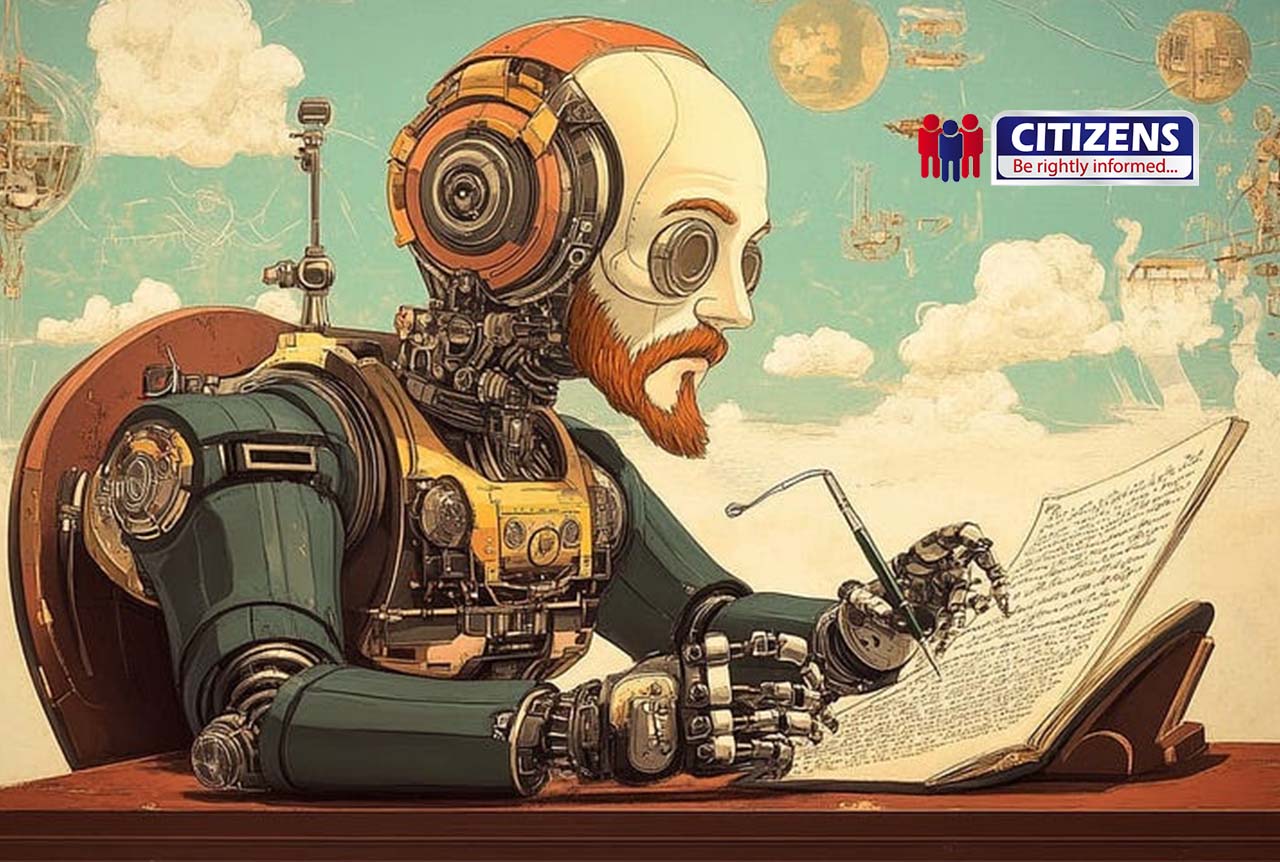Zoho Unveils Zia Hubs to Unloc...
- 2025-06-18

Artificial intelligence is breaking new ground in the world of literature. A recent study by researchers at the University of Pittsburgh has shown that AI can now create poetry so compelling that readers not only struggle to tell it apart from human-written works but often prefer it over poems by iconic figures like William Shakespeare and Emily Dickinson.
In a series of experiments involving over 1,600 participants, the results were eye-opening:
Readers correctly identified AI-generated poems versus human-written ones only 46.6% of the time—essentially no better than guessing. AI-generated poetry consistently scored higher across 13 key measures, including rhythm, beauty, and emotional resonance. Surprisingly, five poems rated as “least likely” to be written by humans were penned by famous poets, while four of the most “human-like” were AI creations. However, perceptions shifted when participants were told upfront that a poem was AI-generated. Regardless of its actual quality, poems flagged as AI-written were rated lower—a testament to lingering bias against machine creativity.
Why This Matters This study could spark a cultural debate. For centuries, poetry has been regarded as a deeply human art form, rooted in personal experience and emotional expression. The idea that AI can now match or even surpass human poets challenges long-held assumptions about creativity and artistry.
While some may find this development unsettling, others see it as a testament to the power of AI to push boundaries and inspire new forms of artistic expression. One thing is certain: as AI continues to make inroads into unexpected areas of culture, society will need to rethink what it means to create—and appreciate—art.
For now, the question lingers: Is poetry’s future in human hands, or will AI take the pen from here?